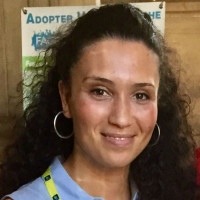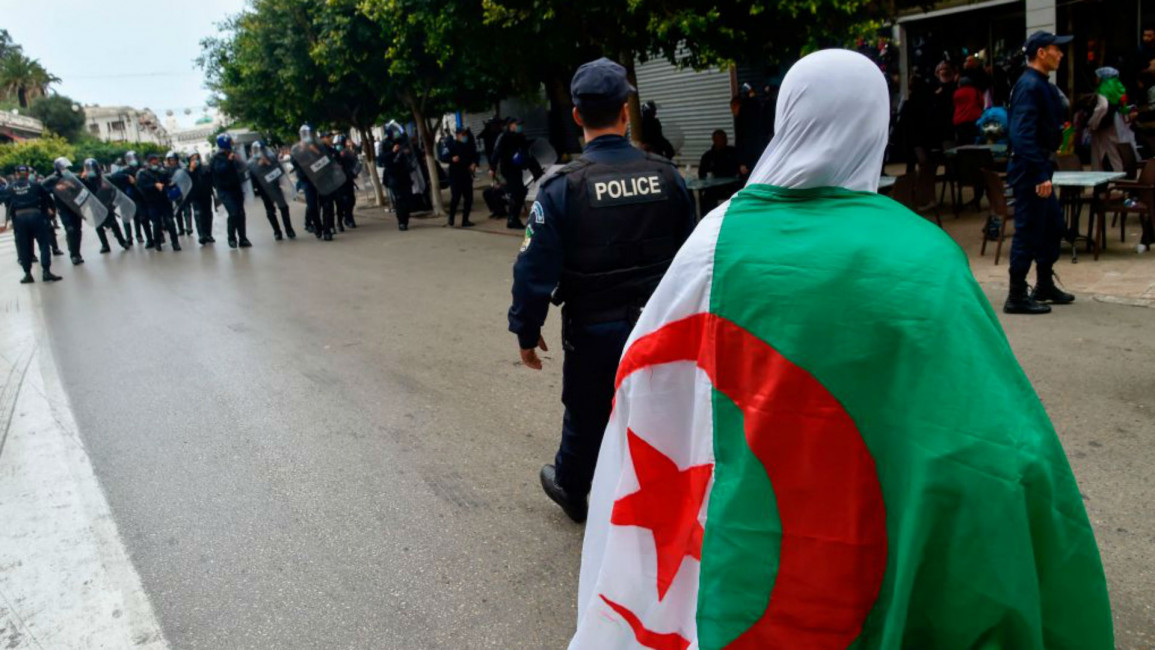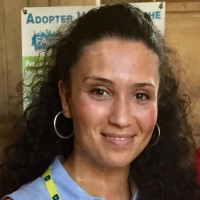
Covid-19 gives Algeria's repressive state the edge, for now
Alongside this tragic loss of lives, there is also a rapidly growing financial crisis brought on by plummeting oil prices, which have led in turn to the announcement by president Abdelmadjid Tebboune, that the national budget will be cut by a whopping 50 percent.
Despite the deeply worrying future for millions of Algerians, who were already barely making ends meet and constantly facing unemployment, the Algerian regime is putting its time and energy into strengthening the repression of its people.
Tebboune, who was elected in December following months of anti-regime protests and a mass boycott of the national elections is currently launching a process of constitutional reform. The president had previously promised that the amendments would reinforce a clampdown on corruption, guaranteeing a separation of powers, and protect the right to protest.
The process has already raised concern for many, especially for the Hirak activists - many of whom do not recognise Tebboune's electoral victory. The timing of the constitutional changes is deeply suspicious given that the entire nation is faced with a deadly pandemic, lockdown, self-isolation, a state curfew and restricted freedom of movement.
However, it should probably come as no surprise, because ultimately, the Algerian state - regardless of who is sitting in the presidential seat - is an opportunistic one that has only survived this long by capitalising on every possible crisis to strengthen its authoritarian grip.
 |
The timing of the constitutional changes is deeply suspicious given that the entire nation is faced with a deadly pandemic |  |
Since March, as the state-led quarantine measures were enforced due to the rising rate of Covid-19 related infections, Tebboune's government has been unashamedly locking up dissidents.
In his so-called attempts to rid the country of "fake news" for the purpose of security, the Algerian president introduced new laws that activists and many working in media had opposed as a form of thinly-veiled censorship and the targeting of independent news outlets and journalists. Their fears were realised.
Renowned TV5 correspondent Khaled Drareni, who founded Casbah Tribune and serves as a member of Reporters Without Borders has been in detention since the end of March. He was accused of undermining national unity for his frontline coverage and support of the Hirak protests since February 2019.
Twitter Post
|
Similar excuses have been given for the arrest of other journalists, including Abdessami Abdelhaï, Sofiane Merakchi and Said Boudour. The National Committee for the Liberation of Detainees (CNLD) also said that there have been dozens of activists arrested. More recently, those showing anti-regime sentiment over social media have been rounded up, including Hirak figure Malek Berdache.
At a time of such severe isolation, halted protests and the prohibition of physical gatherings, accessing information is crucial. It is clear that the Algerian regime is all too aware of this. It is therefore targeting all the means of disseminating information, that allow people to access the truth about the severity of the pandemic, the state's handling of it and the regime's power grabs during the continued period of quarantine.
Read more: Human rights groups demand release of Algerian journalist as crackdown on press continues
Through the very public practice of double standards by the regime, as it both claims to want to protect democratic freedoms through constitutional reforms, and then blatantly disregard them through arrests and stifling legislation, they are getting to people.
El Manchar, a satirical anti-government online paper announced over Twitter this week that it would be shutting down due to fears over growing assaults on civil liberties, including arrests over social media posts. The editors stated sarcastically, in their final website post, hoping to meet their readers again in "a better Algeria. Or not."
It is unsurprising that amid all of this, many protesters have had enough. The Hirak had for weeks respected social-distancing rules, remained within their homes, and called off all mass protests whilst the regime has used every moment to further its assaults on the people's freedom.
 |
It is likely that the current period, and for the foreseeable future, the state will be on the front foot |  |
On 10 May people rallied on the streets of Tizi Gheniff demanding the release of political prisoners who had been arrested by local forces, as they chanted for a "free and democratic Algeria" through their face masks.
This was followed by another anti-regime demonstration outside a court a few days later in Kabylie. The regime is likely to continue feeding off the Covid-19 hysteria, no doubt using these small protests to redirect the blame back to the Hirak.
It is likely that the current period, and for the foreseeable future, the state will be on the front foot. Activists are isolated, unable to organise, or to enjoy the support of mobilised and confident masses. In a sense, this is the outcome of an uprising that was not prepared to force a more direct confrontation with the state in the name of maintaining peaceful protest. The other side never shares such concerns.
However, the current setback will not be decisive either. The issues that brought Algerians out onto the street have not disappeared. In fact, with the dramatic fall in oil revenues they are only likely to intensify. And the solution now, tomorrow, and after the lockdown eases will remain what it has always been: "Yetnahaw ga3", "They all have to go."
Malia Bouattia is an activist, a former president of the National Union of Students, and co-founder of the Students not Suspects/Educators not Informants Network.
Follow her on Twitter: @MaliaBouattia
Opinions expressed in this article remain those of the author and do not necessarily represent those of The New Arab, its editorial board or staff.




